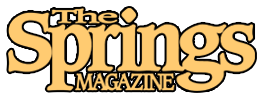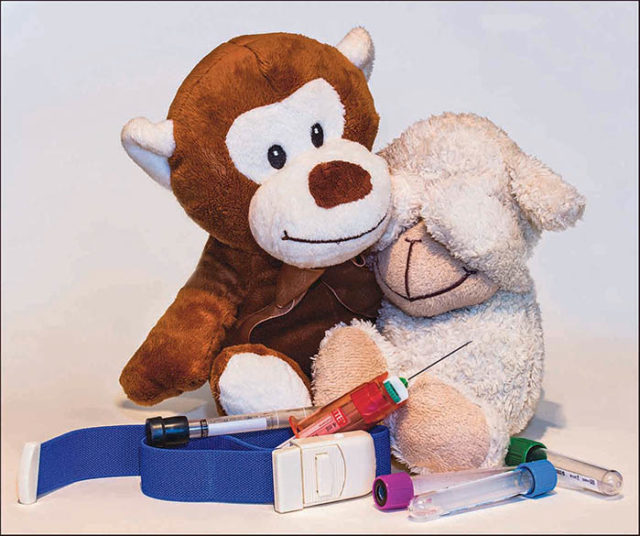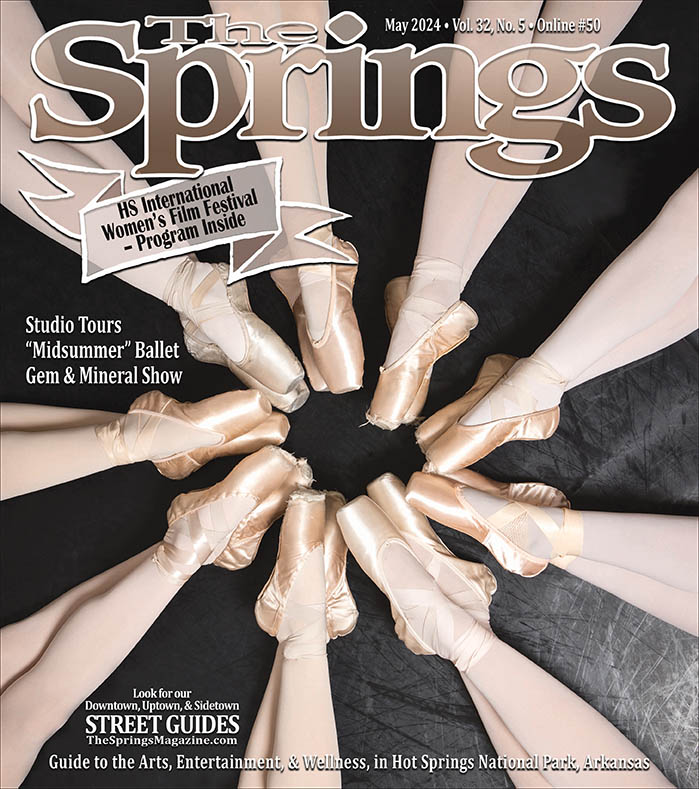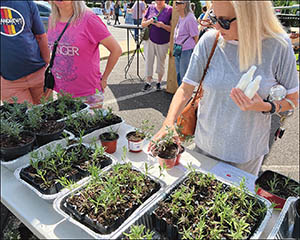By Alison Crane
Since 1970, people have been starting the new year off with an awareness of a need… over 43,000 units of blood are needed every day in the United States. About 6.8 million people meet that need every year and each unit of blood given has the potential to save up to three lives.
The month of January is National Blood Donor Month in recognition of that lifesaving gift, and it coincides with one of the most difficult times of the year for maintaining a sufficient supply for patients.
Inclement weather, the holidays and cold and flu season all combine to create hurdles preventing donations at blood drives across the nation each winter. Unlike giving clothes, blood is a perishable donation and must be continuously replenished and can only come directly from generous donors.
The percentage of eligible donors is estimated to be about 38% of our population, but only about 10% donate each year.
What many people do not realize is there are several potential benefits to donating blood:
- Free mini-health screening and blood tests – donated blood is tested and the donor can be informed if any irregularities are found.
- Reduced risk of heart disease – helps eliminate excess buildup of iron in the blood
- Reduced risk of cancer – also due to reduction of excess iron buildup in the blood
- Stimulates blood cell production – which helps in maintaining good health.
- Satisfaction from saving lives
As a blood donor, I have sometimes struggled when giving blood. Due to low blood pressure, I even had to give it up for a while. Since I started a regular exercise program, I have been able to resume giving with none of the problems from before. Knowing that my blood can save lives makes any inconvenience or the fact that I absolutely hate needles worth it.
Donating blood is a simple, safe process. All you have to do is register, take a mini medical history test, donate, and then accept free refreshments like water, Gatorade, granola bars, etc. Contact your local blood bank for more information.
For more information on health or fitness, contact the Garland County Extension Office at 501-623-6841 or email acrane@uaex.edu. Follow on Facebook at @GarlandFCS, @garlandEGF or @GarlandCountyEHC.
Alison Crane is a Family and Consumer Science Agent with the Garland Count Extension Service. The Arkansas Cooperative Extension Service offers its programs to all eligible persons regardless of race, color, national origin, religion, gender, age, disability, marital or veteran status, or any other legally protected status, and is an Affirmative Action/Equal Opportunity Employer.









